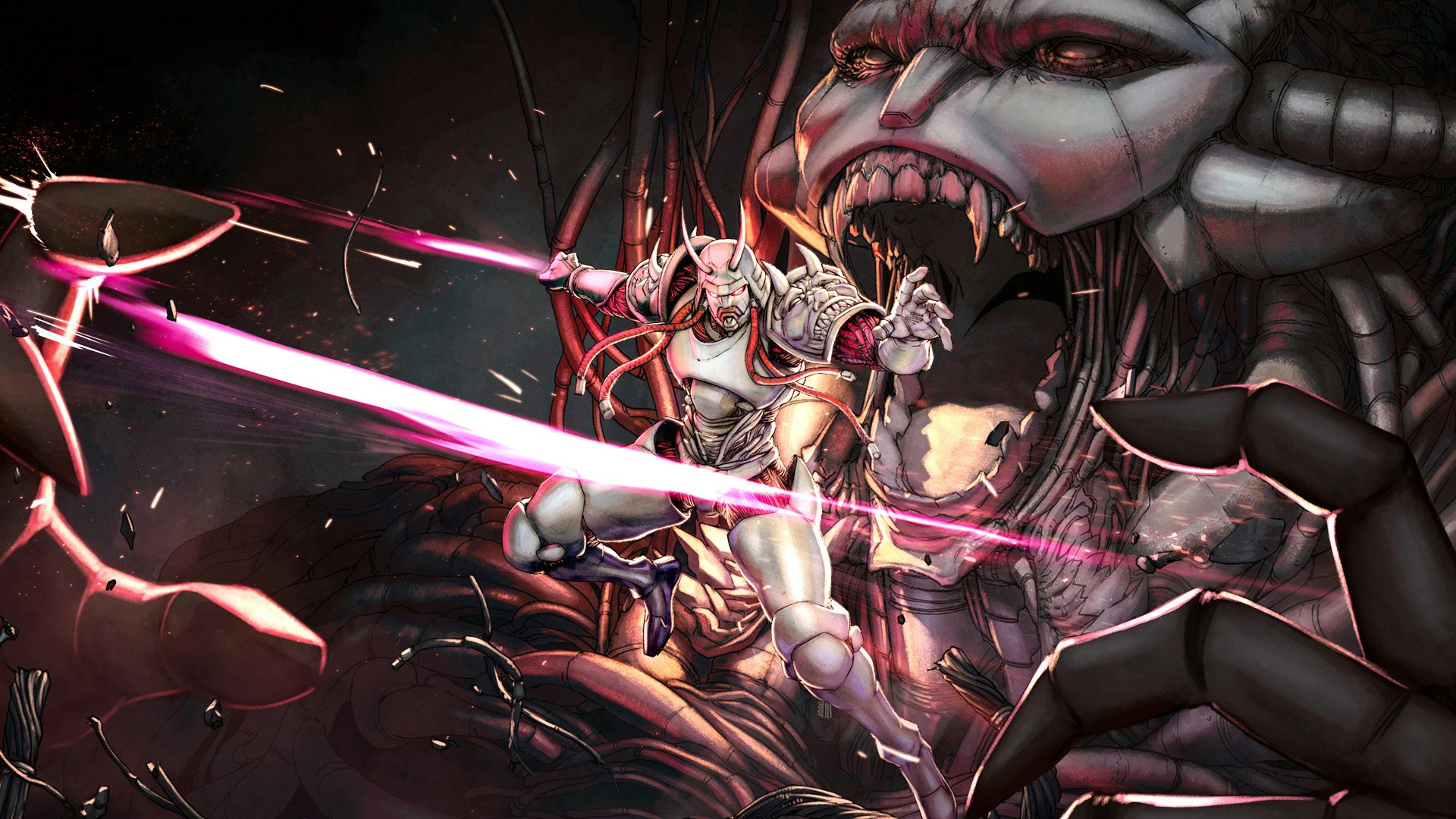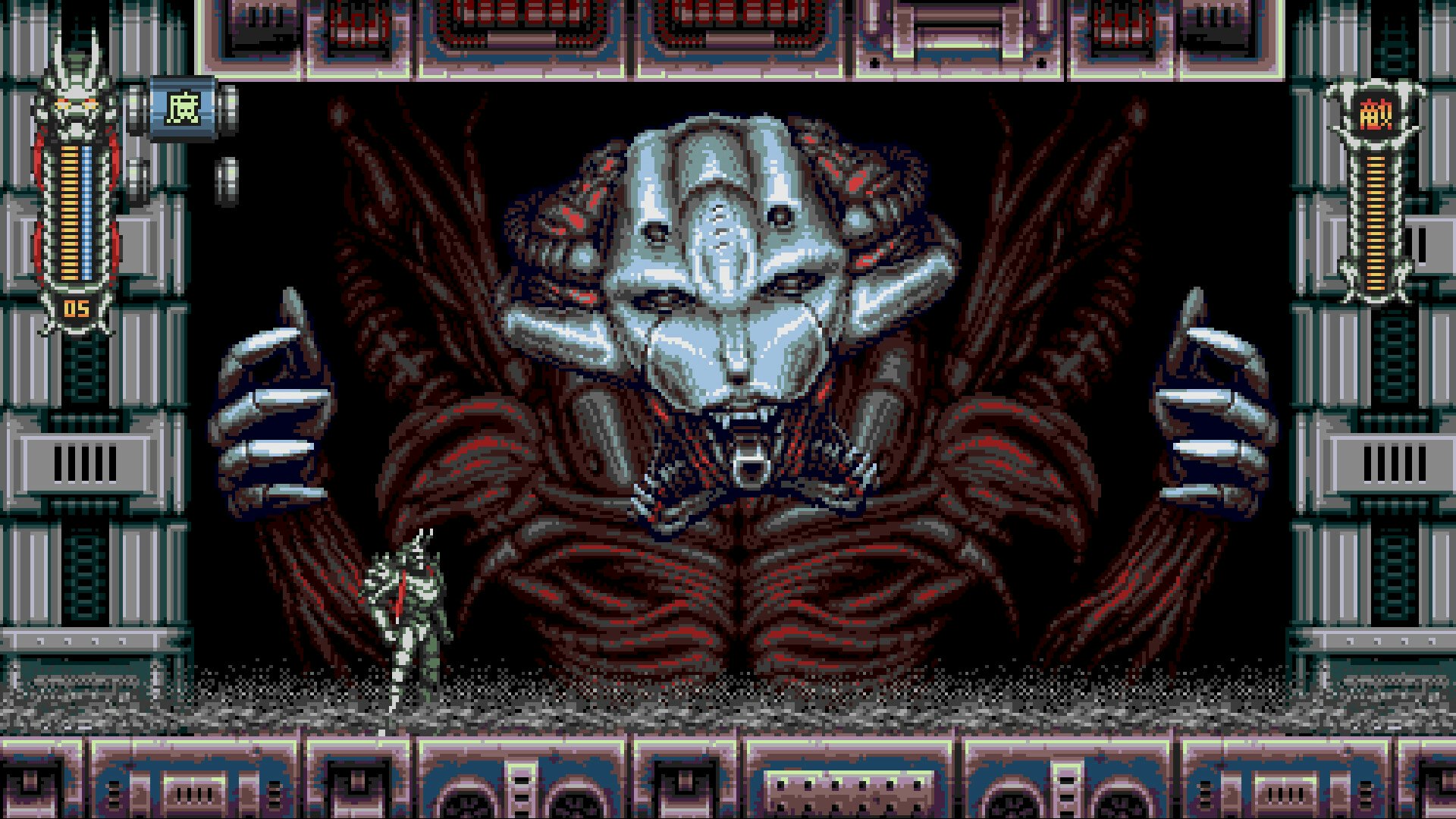
Few people understood how the video game industry itself would change with the shift from 16-bit side-scrollers to 32-bit 3D open worlds better than Shigeru Miyamoto. Nintendo’s master ushered in masterpieces in both formats, of course, with games like Super Mario Bros. and Super Mario 64. The new world brought new opportunities, of course, but also new challenges. One of the big ones was jumping.
“Implementing jumping in 3D is really difficult,” Miyamoto admitted in a 1996 interview. “In earlier Mario games, we were able to measure the number of pixels Mario could jump and know exactly what was possible,” which had to be altered for the new world, much to the frustration of the development team, which booed the decision to make jumps “close enough.”
Jumping was a huge part of the 16-bit world, often playing a large role in defining a player’s movement. If you’re used to more modern games, the nature of even a Mario game can seem unforgiving, to say nothing of a hack-and-slash like Shinobi.
It’s a different style of gameplay, one that the newly released Vengeful Guardian: Moonrider from indie developer JoyMasher goes all in on.
Vengeful Guardian focuses on classic hack-and-slash mechanics. The main things a player will do as a giant robot is run, attack, and jump. Just as with many of the actual retro games I play weekly, I spent most of my time on that third one. Getting the exact right location on a narrow Samus-like wall jump, especially with open electricity at the bottom, was an early struggle. Getting a little knockback with each injury made it feel impossible to get back on track without just waiting for my next life.
But, as with those older games, persistence pays off. Soon I was able to navigate from one corridor of the dystopian bio-lab where the game starts to another. Moonrider isn’t heavily focused on plot, but it evokes Robocop and Running Man in a world where violence is common entertainment.
The Guardian is a super soldier gone rogue, built to control the populace but now wants to take down the forces that use him to control the people. And to do so, he’s taking down the other Guardians like him. There’s some discussion of freedom, safety, and responsibility, but the game doesn’t take itself too seriously. The game’s vibe is wonderful, a mix of Contra, Shinobi, and Mega Man, especially in that after Guardian’s initial breakout level, the other stages can all be played in any order.

Some of these stages can feel a bit repetitive, just like they could in older games. That’s partly due to the limited moveset, where dash hits and dive kicks are by far the most effective attacks, and partly due to dark lighting that makes several stages blend together. Gimmicks help a few stand out, like being chased throughout Fallen City by another robot shooting guided missiles, or the first section of Iwondonilo City taking place on motorcycle as enemies drive and fly around you. More than any other stage, Iwondonilo City seems to understand how colorful and vivid 16-bit games could be.
Moonrider seems to understand that a player might spend their first few runs dying to get a better understanding of a stage’s layout, and the health and special attack bonuses are plentiful. One particular delight was falling off a stage taking off only a single bar of health, which took the edge off of every failed jump. The game encourages a player to try and try again, right down to the Game Over screen, where selecting to continue will see the Guardian’s eyes turn on in delight.
There is no shortage of aggressive 2D games to play these days, from Metroid Dread to a 2018 indie game very similar to Moonrider, The Messenger. Moonrider isn’t a game with bells and whistles, as its few upgrades, in the form of chips, don’t radically alter gameplay (unless you’re willing to go with the one that gives you more strength in exchange for a one-hit death).

Rather, Moonrider knows what experience it wants to offer a player: compulsive pattern-based gameplay with a few key moves and really sick bosses. Sometimes this experience feels worth it, sometimes it drags a little. The game doesn’t wear out its welcome—it took me about 90 solid minutes to beat the first stage, and a player with experience in 16-bit gameplay will find the challenge a surmountable one. It might not be perfect, but a game that knows what it wants to bring to the player and solidly executes is one worth the sub-$20 price tag in my book.
Vengeful Guardian: Moonrider is available now for Nintendo Switch, PS4, PS5, PC, and Amazon Luna for $16.99







